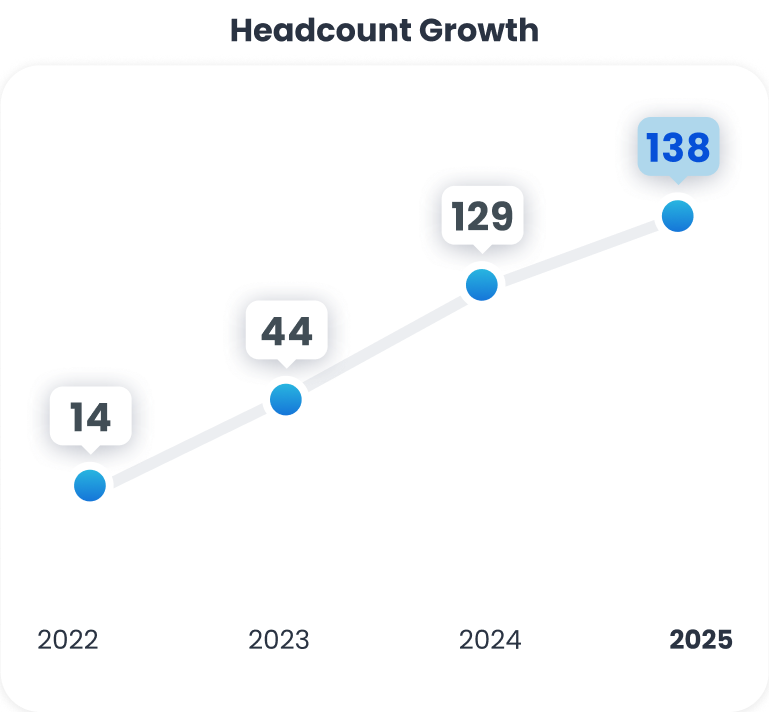Key Takeaways
- Filipino American History Month recognizes the deep contributions of Filipinos to U.S. history, culture, and modern workforces.
- Cultural identity and community pride continue to shape how Filipino professionals thrive globally.
- Filipino talent plays a pivotal role in strengthening cross-border teams, with Penbrothers enabling these global connections.
Every October, Filipino-American History Month asks us to pause and wonder: How did a community that began as scattered migrants across distant shores become one of the most resilient and influential diasporas in the world?
For more than four centuries, Filipinos have carried with them not only skills and labor but also language, values, and culture. Woven into industries, cities, and communities far from home. Yet what makes this story powerful is not just survival; it’s the way Filipino identity continues to evolve, fueling pride at home and recognition abroad.
Today, that same identity is shaping a new frontier: the future of global teams. In every time zone, from Silicon Valley startups to European enterprises, Filipino professionals are proving that talent deeply rooted in culture can also be the bridge that connects diverse, distributed workforces.
This article explores the origins of Filipino-American History Month, its role in strengthening cultural pride, and how the global Filipino identity is more than history. It’s a competitive advantage for the future of work.
Why Do We Celebrate Filipino American History Month?
The celebration began with the Filipino American National Historical Society (FANHS) in 1988 and was officially recognized by the U.S. Congress in 2009. October was chosen to honor the arrival of the first Filipinos in Morro Bay, California, in 1587.
The purpose:
- Recognition: Honoring Filipino American stories often left out of
mainstream narratives. - Education: Promoting awareness of history and identity.
- Representation: Ensuring future generations see their culture reflected in society.
By honoring these legacies, Fil-Am History Month gives both Filipinos and global communities a chance to reflect on the impact of a culture defined by resilience, adaptability, and creativity.
How Does Filipino Culture Influence Global Teams?
Filipino culture has long been a quiet yet powerful force in shaping workplaces worldwide. Known for their adaptability, hospitality, and collaborative spirit, Filipinos excel in roles that demand cross-cultural communication and empathy.
In global teams, this cultural foundation translates into:
- Resilience under pressure: An ability to thrive despite challenges.
- Strong interpersonal skills: Building bridges in multicultural settings.
- Innovative problem-solving: Blending creativity with pragmatism.
This isn’t just anecdotal. The Philippines is one of the world’s largest hubs for international remote work, and Filipino professionals are consistently praised for their balance of technical expertise and cultural fluency.
What Is the Significance of Filipino Identity in the Workplace?
Identity is more than heritage. It’s how values and experiences influence the way people contribute. For Filipinos, cultural identity in the workplace often shows up as:
- Bayanihan (community spirit): A collaborative drive to support teams.
- Utang na loob (profound gratitude): A commitment that nurtures long-term collaboration and reliability.
- Pakikipagkapwa (shared humanity): A natural empathy that elevates team dynamics.
For businesses, understanding these cultural drivers isn’t just about inclusion. It’s about harnessing them as competitive advantages. Filipino identity helps teams thrive in industries where trust, communication, and innovation are essential.
How Do Filipinos Contribute to Global Workforces Today?
Today, Filipinos are making their mark in diverse fields. These include tech, medical care, and creative industries. Their influence is seen in:
- Technology & Startups: Powering product design, customer
success, and support. - Healthcare: Filling critical roles across the U.S. and beyond.
- Creative Industries: Leading in design, marketing, and storytelling.
These contributions are not isolated. They ripple across organizations. Employers benefit from more inclusive, innovative, and people-centered teams.
From Celebration to Action: Building with Filipino Talent
Celebrating Filipino-American Month is a recognition of heritage, but it’s also a call to action: what do we do with this legacy today? For global companies, the answer lies in how they build teams.
By partnering with Filipino professionals, businesses don’t just gain skilled contributors. They tap into a cultural DNA rooted in resilience, creativity, and global-mindedness.
At Penbrothers, we’ve seen this firsthand: startups and SMEs thrive when they align with Filipino talent, because they’re not just hiring workers. They’re partnering with a culture of excellence. Our role is to connect global businesses with Filipino professionals who elevate teams, strengthen cross-cultural collaboration, and bring long-term impact.
Why Filipino American Month Matters Beyond October
Marking Filipino-American Month goes beyond commemoration. It’s about:
- Preserving history for future generations.
- Elevating Filipino pride in every sector.
- Encouraging businesses to recognize culture as a strategy.
When companies align with Filipino professionals, they don’t just honor heritage. They help shape a global workforce where identity and excellence move together.
Conclusion
Filipino American Month is both a cultural commemoration and an integral strategy in the future of global teams. Filipino identity, rooted in resilience, collaboration, and deep humanity, continues to shape how businesses grow and thrive worldwide.
For organizations looking to build stronger, future-ready teams, the next step is clear: look to the Philippines, where talent meets cultural pride, and where partners like Penbrothers make this alignment possible.






